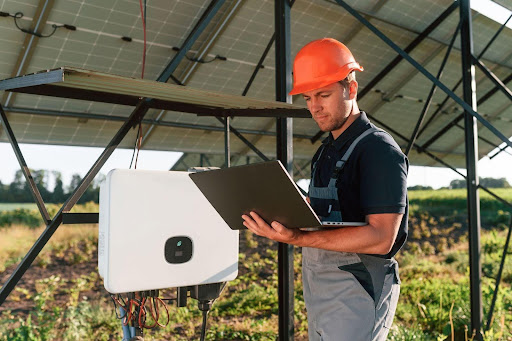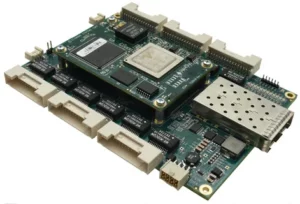As you approach the solar revolution, it might be confusing for first-time buyers, with a variety of alternatives, technical terms, and differing viewpoints out there. But don’t worry, first-time buyers: Armed with the correct information, you’re ready to harness the power of the sun and revolutionise your energy environment. With the promise of long-term advantages but also possible hazards if not properly informed, it’s critical to empower yourself with knowledge before taking the plunge into solar panel ownership. Whether you’re motivated by environmental concerns or simply want to be self-sufficient, understanding the basics of buying and maintaining solar panels is critical to making a good investment that fits your needs and budget. Visit Solar Panels Sheffield for solar panel installation service.
Understanding your energy needs
Understanding your energy consumption is critical before investing in solar panels. Consider your household’s size, daily electricity usage, and peak energy consumption hours. Analysing your energy patterns allows you to identify the appropriate size and kind of solar panel system to suit your needs efficiently.
When considering solar panel installation, you have to take into account future changes in your energy needs. New appliances and enlarging your living space can both have an impact on your electricity usage. Understanding these potential changes might help you build a solar power system that is flexible and responsive to changing energy demands over time.
When purchasing solar panels, consider your existing and future energy requirements. Working with a professional solar provider who takes these aspects into account will ensure that you invest in a system that meets all of your energy requirements while saving you the most money on your electric bill.
Different types of solar panels
- Monocrystalline panels work better in low-light circumstances and last longer than other types of solar panels. Their exceptional performance and durability make them a popular choice for residential and commercial solar projects that value space efficiency and the long-term production of electricity.
- Polycrystalline panels are less expensive to produce, making them a preferred alternative for home and commercial solar projects with limited space and budget. They are recognizable by their blue hue and provide a balance of performance and affordability in solar energy systems.
- Thin-film solar panels are lightweight and flexible, allowing for unique installations such as curved surfaces or portable setups. Thin-film technology, while not as efficient as crystalline panels, is continuously improving.
- Bifacial solar panels are gaining popularity because of their capacity to generate energy on both sides of the panel by catching sunlight bouncing off reflective materials such as snow or sand.
Understanding each type enables first-time buyers to decide the best solution based on their specific demands and priorities for utilising solar electricity.
Installation process of a solar panel
When it comes to solar panel installation, it’s critical to find a skilled installer who understands your property’s specific needs. Proper installation is essential for increasing the effectiveness and lifetime of your solar panel system. To ensure optimal sun exposure, undertake a full roof inspection and shading study prior to installing the panels.
Maintenance of solar panel
In terms of maintenance, regular cleaning and inspection of your solar panels is necessary for optimal performance. Dust, dirt, bird droppings, and other debris can build up on the panels over time, reducing their effectiveness. It is recommended that you clean the panels at least twice a year, or more frequently if you live in a dusty location or have regular rain, which can create residue on the panels. Frequently monitoring your energy production can help you discover problems early on and guarantee that your system is working at peak efficiency.
Being a first-time buyer of solar panels can be an exciting and gratifying experience, but it is critical to conduct extensive study and planning before making a purchase. Understanding the financial incentives, installation process, maintenance requirements, and possible savings will enable you to make an informed decision. Working with trustworthy solar panel suppliers and receiving guidance from experienced customers might provide useful information. By taking the time to educate yourself on all elements of solar panel ownership, you can assure a smooth transition to sustainable energy and reap long-term benefits. Invest in your future today by switching to solar electricity!





Be First to Comment